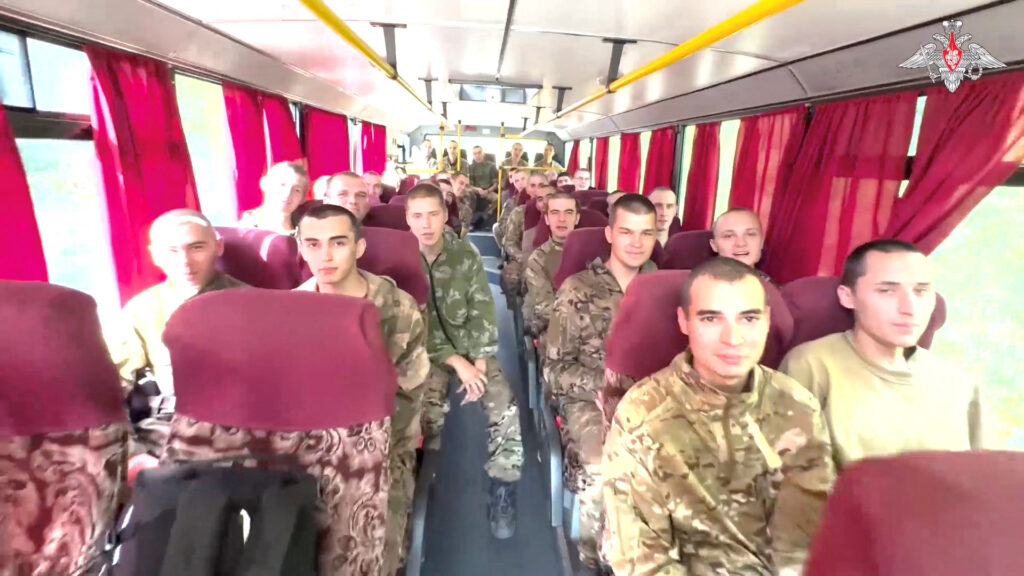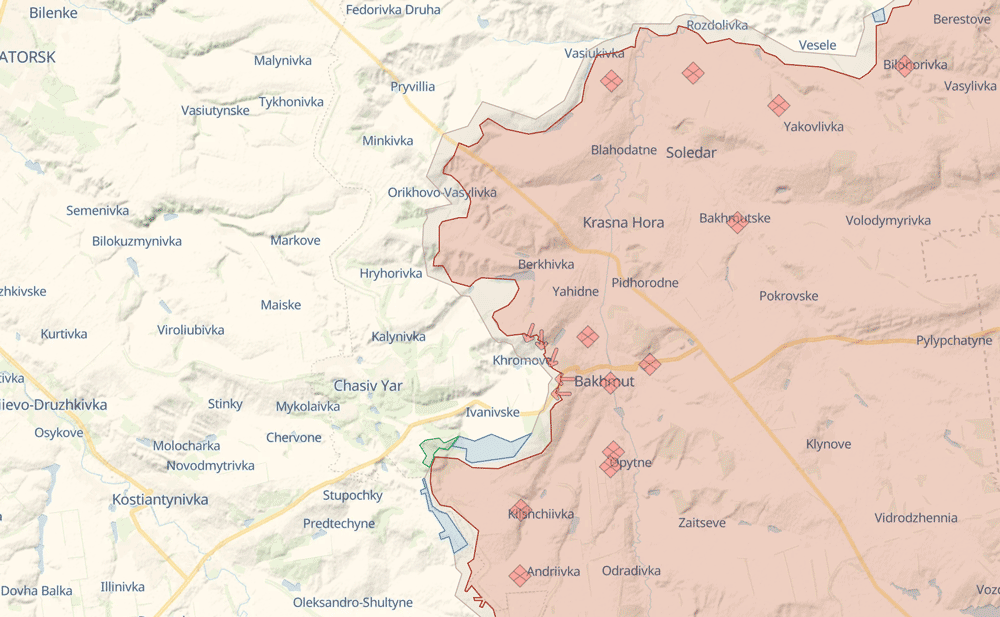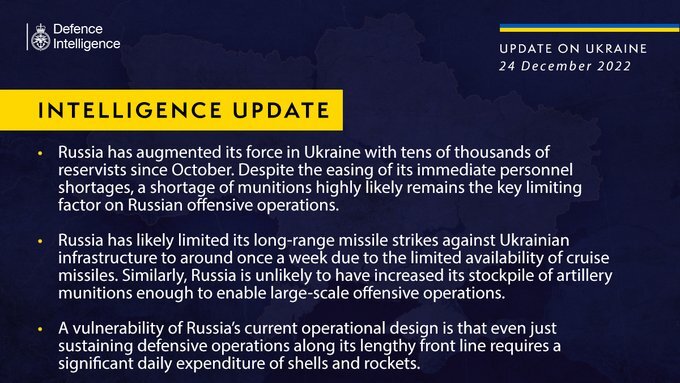The UK Defense Ministry's September 27 intelligence report suggests that reactions of Russian conscripts' families may heighten the Kremlin's awareness of the sensitivity around deploying conscripts to the frontlines, especially in Ukraine. Despite this, Russia is likely to keep pressuring conscripts to sign contracts after service to sustain troop levels amid high attrition rates, as per the report.
Russia's fall conscription cycle begins on 1 October 2024, requiring all men under 30 to serve one year, and while Russian leaders assured that conscripts wouldn’t be sent to Ukraine, some were deployed to fight in Kursk before completing the legally required four months of training, raising concerns among parents.
The Ministry wrote:
- Russia's autumn conscription cycle starts on 1 October 2024. All eligible Russian men under the age of 30 are required to serve one year of military service. To date, conscripts have not been sent to fight in Ukraine. Since the start of the war in February 2022, Russian leaders have stated that conscripts will not be sent to the frontline.
- However, conscripts were deployed in the military operation in Kursk in August 2024. In response, some parents have voiced concerns that their sons have been sent to fight after serving less than four months. Legally, conscripts can serve in a combat zone if they have served four months and have been trained in a relevant specialization.
- The reaction of families of conscripts to their deployment in the defense of mainland Russia likely reinforces for Russian leaders the sensitivity of deploying conscripts to Ukraine itself. However, Russia will likely continue to force conscripts to sign contracts following their completion of service to ensure a steady supply of personnel for the war amid high attrition rates.
Earlier, ISW noted that Russia is centralizing volunteer recruitment
amid manpower struggles in its war in Ukraine, with Putin favoring volunteer efforts over mobilization due to concerns about societal backlash and regime stability. ISW also reported that Russia aims for victory over Ukraine by 2026, amid growing economic challenges.
Related:
- ISW: Russia centralizes volunteer recruitment amid manpower struggles for Ukraine war
- Putin’s fear of societal backlash prevents new mobilization wave, ISW says
- ISW: Russia aims for victory over Ukraine by 2026 amid growing economic challenges
- UK intel: Russia’s proposed 65 and 70 military contract age limit would reduce mobilization requirements
- UK intel: Russia shifts from short to extended prison conscription
- British intel: Russia faces workforce shortages as military conscription goals rise





